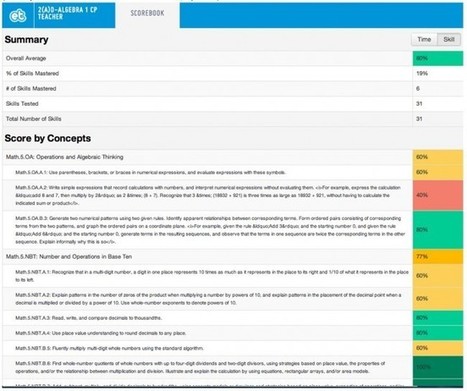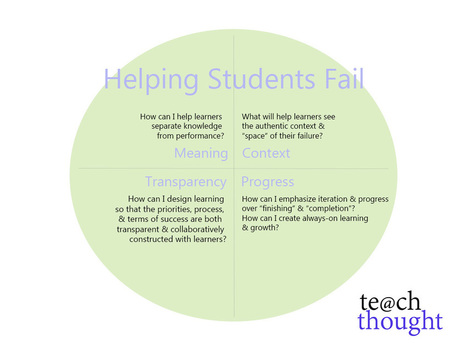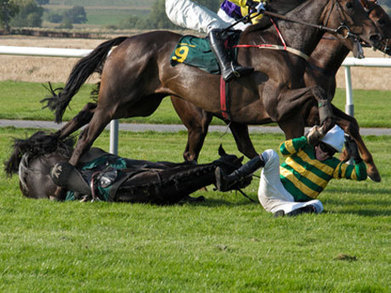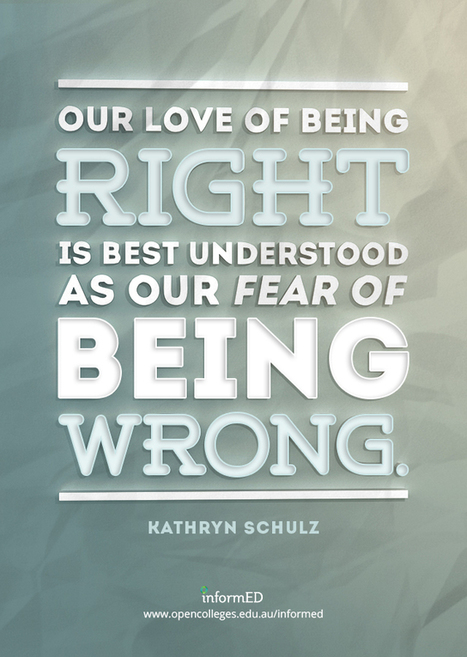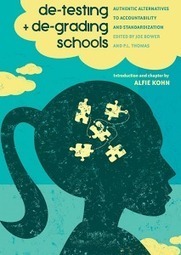Carol Dweck’s work on ‘growth mind-sets’ in Mindset: The New Psychology of Success (2006) took motivational theory in a specific direction around a specific attitude that, she claims, leads to accelerated learning. For Dweck, students can too often see school as the place where they perform for teachers, who then judge them, whereas, for Dweck, growth is what education should be about and keeping up momentum by encouraging growth mindsets, is an essential teaching skill.
Get Started for FREE
Sign up with Facebook Sign up with X
I don't have a Facebook or a X account
 Your new post is loading... Your new post is loading...
 Your new post is loading... Your new post is loading...

EDTECH@UTRGV's curator insight,
December 14, 2017 12:23 PM
Sometimes we learn more through trial and error than from getting it right the first time. I think we need to provide more opportunities to allow students to experiment without penalty for failure.

Tony Guzman's curator insight,
February 25, 2016 10:21 AM
This Albert Einstein quote truly shares the main point of this article: “Everyone sits in the prison of his own ideas; he must burst it open.” |
devyaani mathur's curator insight,
April 13, 2016 12:02 PM
makeup studio in lucknow http://divyanimakeupandhair.com/
Adele Taylor's curator insight,
April 13, 2016 6:28 PM
Some helpful tips, learning from your mistakes is critical otherwise you will simply repeat them over and over again...

EDTECH@UTRGV's curator insight,
July 3, 2015 2:02 PM
I agree. We need to create an atmosphere that allows room for failure without consequences to academic success. Otherwise, students will play it safe and not try new things. |







